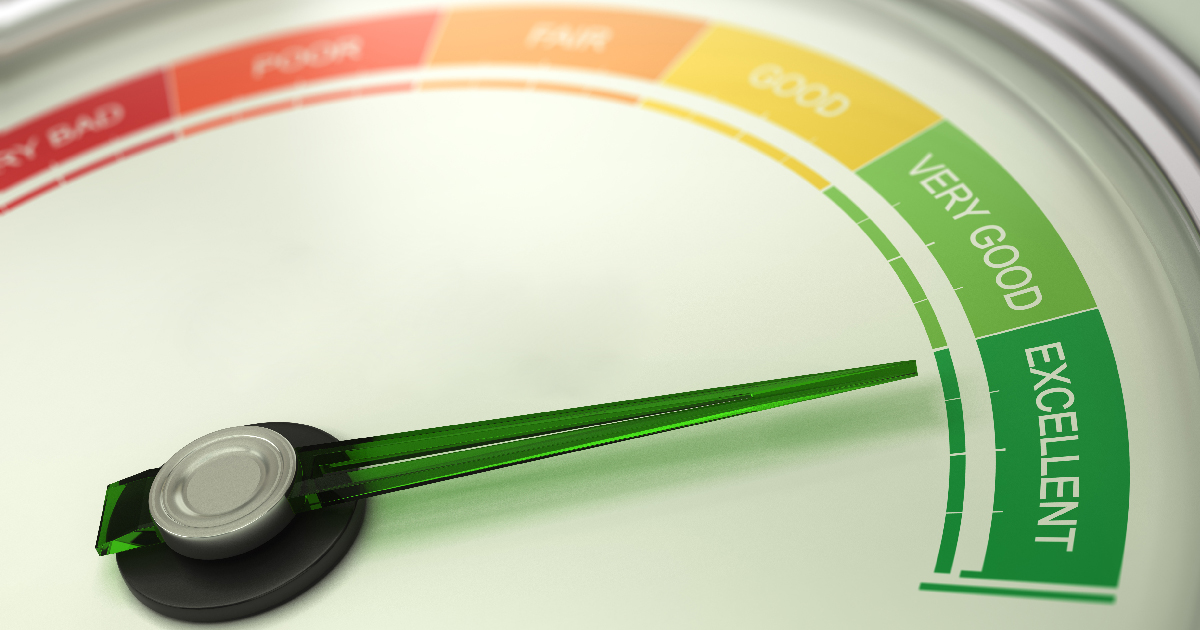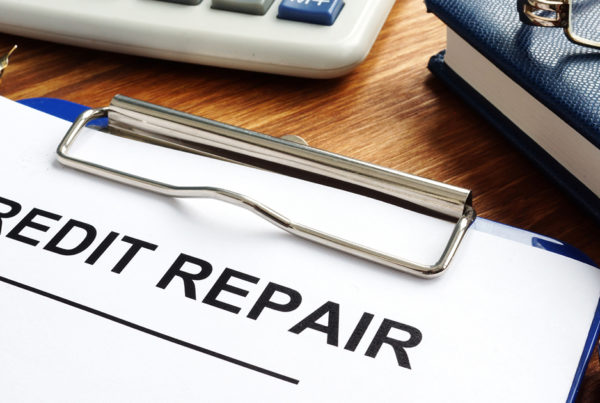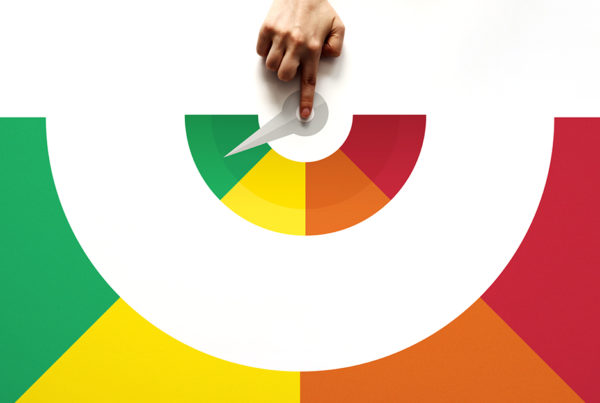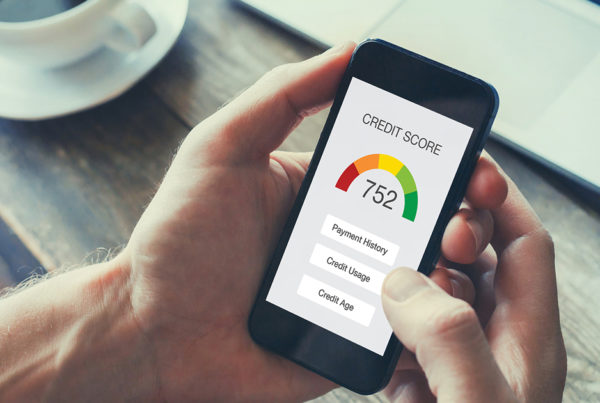We all have a lot of numbers in our lives: age, weight, blood pressure, heart rate, phone, address, and the list could go on. There’s also a number that we typically don’t pay much attention to on a daily basis…that is, until we need it. That’s our credit score.
This 3-digit number can have a big impact on our lives and our finances, which makes it worth maintaining and keeping in good shape. Our credit score tells lenders how likely we are to repay our debts based on our history and how much debt we already have.
First, let’s break it down. Using the FICO® model, credit scores range from 300 to 850, and are roughly categorized from very poor to excellent:
- 300 – 579 = Very Poor
- 580 – 669 = Fair
- 670 – 739 = Good
- 740 – 799 = Very Good
- 800 – 850 = Excellent
The average FICO score in the U.S. reached an all-time high of 703 in 2019 (high-fives all around!). So if we take it up a notch, what benefits will you see by taking your score from “Good” to “Excellent?”
- Lower Interest Rates
When you’re ready to make a large purchase—such as a car or a house—you’ll likely need a loan to help pay for it. Having a better credit score can get you a better interest rate, which means saving more money in the long run.
For example, you want to buy a new home and plan to take out a $250,000 30-year mortgage. If you have a good credit score, say the average of 703, you could get an interest rate of 2.785% and pay $119,088 in interest over 30 years. If you bump your score up to 760, you could get 2.563% for your interest rate and save $10,524 total in interest! (Interest rates used are for illustration purposes only. Actual interest rates will vary by lending institution and the current market rate.)
- Snazzier Rentals
Landlords want to make sure you can pay your rent each month, so they’ll likely do a credit check to see what your financial history looks like. A higher credit score could help you get into a better apartment or house, and you might be able to put down a smaller deposit. - Cheaper Insurance Payments
According to a 2017 study, if you have an okay credit score, you may pay up to 36% more for home insurance than someone with excellent credit. Insurance companies may look at your credit report and use your history to adjust your rates, as poor financial management can be a sign of risk. - Stronger Job Opportunities
Many employers will run your credit as a check to see if you’re responsible with your finances, which can be a sign of your potential work habits. Employers can’t see your credit score, but they can see your debt and payment history. - More Lending Options
When you have a strong credit score, lenders may actually work to get you to pick them! This will give you more and better lenders to choose from, plus you’ll have more bargaining power when it comes to rates and terms. - Advantageous Credit Cards
Like the lenders above, with good credit you have more options for credit cards. You may have access to higher spending limits, lower interest rates and cards with better rewards, which can save you money or get you extra perks. - Smaller Deposits
When signing up for services like a cell phone contract or electricity for your house, the providers may take a look at your credit report to see if you’re a safe bet. If you have a rough track record (and thereby a lower credit score), you may have to put down larger upfront deposits to secure the services.
Want to work on your credit score and whip it into shape? Check out these three steps to get financially fit.






 Federally Insured by NCUA |
Federally Insured by NCUA |  Equal Housing Opportunity |
Equal Housing Opportunity |